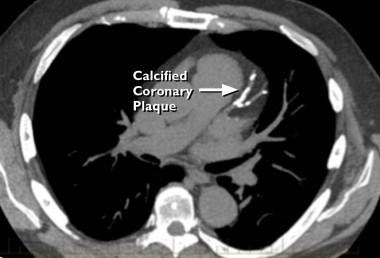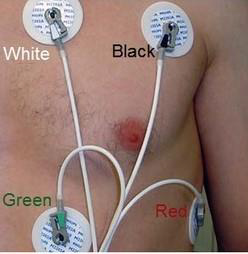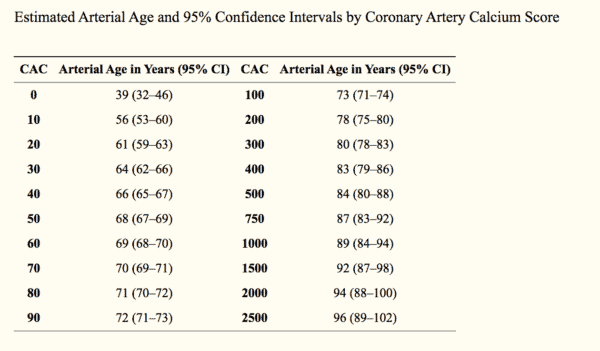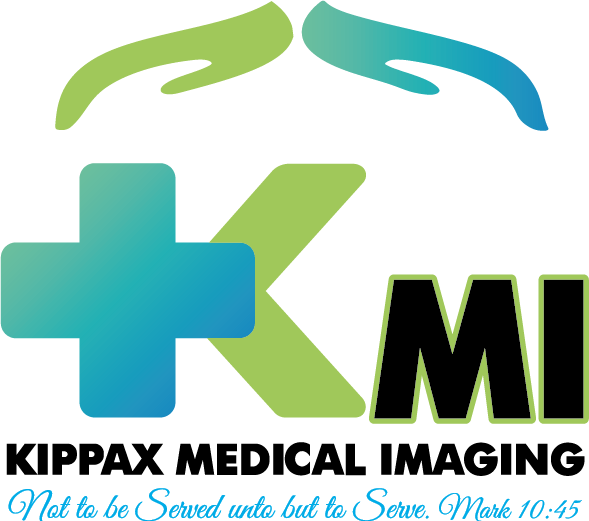Privately billed Coronary Artery Calcium Score Scan
*Please be advised that medicare does not cover CT Calcium score scan anymore.
CT Calcium Score Scan
Introduction
A Coronary Calcium Scan looks for specks of calcium (calcifications) in the walls of the coronary (heart) arteries. These calcifications are an early sign of coronary heart disease(CHD).
In Coronary Heart Disease (CHD), waxy or fatty deposits (known as plaque) build up in the walls of the coronary arteries (the arteries of the heart). This may cause vessel narrowing, reducing the flow of oxygen-rich blood to the heart, resulting in chest pain or discomfort called angina. They may also rupture, with a blood clot forming on the surface, which may partly or completely block the coronary artery. This is the most common cause of a heart attack. Over time, calcifications form in these coronary artery plaques, which can be detected in a Coronary Calcium CT Scan, often long before a patient even experiences symptoms.
CHD also can lead to heart failure and arrhythmias. Heart failure is a condition in which your heart can’t pump enough blood to meet your body’s needs. Arrhythmias are problems with the rate or rhythm of your heartbeat.
Why it's done?
Your doctor may order a heart scan to get a better understanding of your risk of heart disease or if your treatment plan is uncertain.
A heart scan uses a specialized X-ray technology called multidetector row or multislice
computerized tomography (CT), which creates multiple images of plaque deposits in the blood vessels. The imaging test provides an early look at levels of plaque.
Plaque is made up of fats, cholesterol, calcium and other substances in the blood. It develops gradually over time, long before there are any signs or symptoms of disease. These deposits can restrict the flow of oxygen-rich blood to the muscles of the heart. Plaque also may burst, triggering a blood clot that can cause a heart attack.
When is a heart scan used?
A heart scan may help guide treatment if you have a low to moderate risk of heart disease or if your heart disease risk isn’t clear. Your doctor can tell you if you might benefit from having a heart scan based on your risk factors.
A heart scan also may help motivate people at moderate risk to make important lifestyle changes and follow treatment plans. Low dose CT can accurately detect and quantify calcified coronary artery plaque, allowing coronary risk stratification. A positive scan confirms the presence of coronary artery disease.
When is a heart scan not used?
A heart scan requires exposure to radiation. While the exposure is generally considered safe, the scan isn’t recommended if the risk of radiation exposure outweighs any potential benefit.
RANZCR guidelines,
A heart scan may not be recommended for the following people:
- Men under age 40 and women under age 50, because it’s unlikely calcium can be detected at younger ages
- People who have a very low risk, because detectable calcium is highly unlikely if you don’t have a family history of heart attacks at an early age
- People who already have a known high risk (especially heavy smokers or those with diabetes or very high cholesterol), because the heart scan will likely not provide any additional information to guide treatment
- People with symptoms or a diagnosis of coronary artery disease, because the procedure won’t help doctors better understand the disease progression or risk
- People who already had an abnormal coronary calcium heart scan

What is a coronary calcium score or scan?
A coronary calcium score is a special type of multi detector CT scan that measures the amount of calcium present inside the coronary arteries. The scan uses x-rays to create detailed pictures of your heart and arteries. The calcium score is used to predict your risk of heart attack or other heart problems before other signs and symptoms occur.

A coronary calcium scan is a fairly simple test. You will lie quietly in the scanner machine for about 10 minutes while it takes pictures of your heart.
Who should consider having their calcium scored?
- Smokers
- Family history of heart disease
- Other vascular disease
- High blood pressure
- High cholesterol (high LDL, low HDL)
- Diabetes
- Overweight or obese
Cost Information
CT Coronary Artery Calcium Score Scan is privately billed without any medicare rebate. Kindly contact admin team for further billing information.
Preparation
No caffeine, smoking or exercise for 4 hours prior to your appointment.
For the scan, you will remove your clothes above the waist and wear a hospital gown. You also will remove any jewellery from around your neck or chest.
What you can expect
During the procedure
Before the scan begins, the technician attaches sensors, called electrodes, to your chest. These connect to an electrocardiogram (ECG or EKG), which records your heart activity during the exam and coordinates the timing of X-ray pictures between heartbeats, when the heart muscles are relaxed.
During the heart scan, you lie on your back on a movable table, which slides into the tubelike CT scanner. Your head is outside the scanner the whole time. The exam room will likely be cool.
You may be given medication either by pill or injection that slows your heart. This helps ensure clear images. If you are nervous or anxious, you may be given medication to help you remain calm.
You’ll be asked to lie still and hold your breath for a few seconds while the pictures are taken. The technician operates the scanner from a room next door, but can see and talk to you the entire time. The entire procedure should take about 10 to 15 minutes.

After the procedure
Usually, no special precautions are needed after having a heart scan. You should be able to drive yourself home and continue your daily activities.
Results
The result of the test is usually given as a number called an Agatston score. The score reflects
the total area of calcium deposits and the density of the calcium.
- A score of zero means no calcium is seen in the heart. It suggests a low chance of developing a heart attack in the future.
- When calcium is present, the higher the score, the higher your risk of heart disease.
- A score of 100 to 300 means moderate plaque deposits. It’s associated with a relatively high risk of heart attack or other heart disease over the next three to five years.
- A score greater than 300 is a sign of very high to severe disease and heart attack risk.
You also may receive a percentile score, which indicates your amount of calcium compared to people of the same age and sex.

Discussing results with your doctor
Your doctor will discuss the results of the heart scan with you. Depending on the outcome,
one or more of the following strategies may be needed:
- No change to current treatment plan
- Different medication or dose of medication
- Changes to your diet and exercise routine
- New weight-loss goals
- Additional tests
- Follow-up appointments to monitor your health and treatment plan
Severe reactions to Cardia CT Scan are rare, some of the risks include:
- Allergic reactions to the X-ray dye (tell your doctor about your allergies)
- Kidney related problems as a result of the X-ray dye (tell your doctor if you have a history of kidney problems)
- Headache from medication given during the procedure
If you have any concerns about the risks, talk to your doctor.
How do I prepare for a Cardiac CT Scan?
To prepare for a Cardiac CT Scan, you need to:
- Limitations of caffeine intake, including tea, coffee, chocolate and cola. They can increase your heartrate.
- Bring a guardian - someone to help you before, during and after your procedure
You may need to take medication to slow your heart rate, as Cardiac CT Scan images are clearer when your heart rate is lower. If you have diabetes, kidney problems, asthma or allergies, you may not be able to have a Cardiac CT Scan. In this case, your doctor will be able to advise you on another treatment.
What happens during a Cardiac CT Scan?
- You will lay down on a Cardiac CT Scanning bed.
- Bring a guardian - someone to help you before, during and after your procedure
- You will then be connected to a heart rate monitor.
- The X-ray dye will be injected in to your vein.
- You will be asked to stay still and hold your breath for imaging.
What happens after a CTCA?
As soon as the CTCA is finished, you’ll be taken to a recovery area, and doctors will observe you to ensure you’re recovering well. The cannula will be removed from your arm, and if you’re feeling well you can go home. Your doctor will make a follow-up appointment with you to discuss the results of your CTCA. If the images show narrowing or blockages, your doctor will help you to decide the best treatment option for you.
Why do I need a Cardiac CT Scan?
- Pain or discomfort in your arms, left shoulder, back, neck, jaw, or stomach
- Irregular heart beat (arrhythmia)
- Difficulty breathing
- Excessive sweating
- Indigestion or heartburn
- Nausea or vomiting
- Light-headedness or dizziness
THE NEXT STEP
Please ensure that you have your Medicare card and referral with you and pop into our radiology clinic for your X-ray. If you have any questions at all please feel free to contact us, as we are here to help.

 Serving patients and Saving their lives
Serving patients and Saving their lives